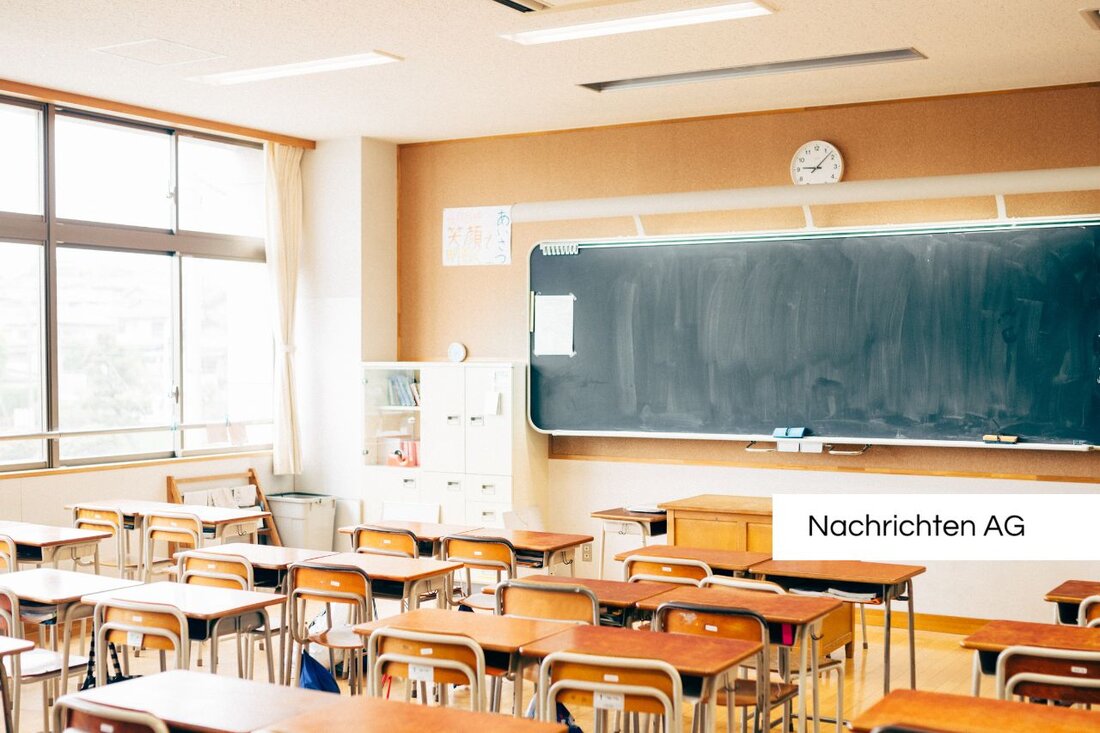Educational shock: This is how much influence your origins have on the future of young Europeans!
The Otto Friedrich University of Bamberg is launching the EDU-LAB project to investigate the educational transfer of young Europeans.

Educational shock: This is how much influence your origins have on the future of young Europeans!
The research project “European Youth in Education and Transition to the Labor Market” (EDU-LAB), coordinated by the Otto Friedrich University of Bamberg, addresses one of the most pressing challenges in educational research: the influence of social background on the educational biographies of young people in Europe. Loud uni-bamberg.de The project aims to analyze the transition into the world of work and to identify processes that can reduce school dropouts and improve work-related learning. The funding amounts to around 3 million euros, with around 300,000 euros going directly to the University of Bamberg.
The project will run until December 2027. Various institutions from several European countries are involved in the research, including universities and research institutes from Austria, Germany, Greece and Portugal. The target group is young people between 15 and 30 years old, with a focus on equal opportunities and the influence of political measures, investments and systemic factors.
Social inequality in the education system
In the context of educational inequality, it is important to emphasize that education plays a crucial role in access to work, income and social participation. Article 7 of the Basic Law obliges the state to raise and educate all children. Educational institutions in Germany are usually free or heavily subsidized, and school attendance is compulsory until the age of 18. Still show bpb.de and bpb.de that educational success depends heavily on social background. In 2021, only around 50% of young people from socially disadvantaged families achieved vocational training.
In contrast, over 50% of people from academic families have completed a degree. These inequalities arise not only from unequal learning conditions, but also from the early educational decisions made at school. It is also reported that the German education system acts as a “sorting machine”, dividing students into different school types at an early stage and thereby reinforcing differences rather than correcting them.
Early childhood and school education
Early childhood education plays an essential role in learning cognitive and non-cognitive skills. Reports show that high-quality child care can make a difference in reducing racial disparities. While educational participation is high for 3- to 6-year-olds, there are social differences in participation in early childhood education programs: children from socially disadvantaged families are less likely to take part in such programs.
In addition, studies such as PISA, TIMSS and IGLU make it clear that there are differences in performance between students from different social classes. In secondary school I and II, children from academic families often have an advantage and achieve higher qualifications. What is particularly striking is the low participation of young people with a migrant background in secondary school courses.
The EDU-LAB project will also incorporate the experiences of young people and relevant groups such as families, teachers and employers into the research to produce actionable results. Collaboration with international partners is intended to help overcome the challenges of school and professional integration of underrepresented groups. Through a comparative study of the educational systems in different countries, the research hopes to gain valuable insights that could contribute to improving the unequal educational situation in Europe.

 Suche
Suche
 Mein Konto
Mein Konto